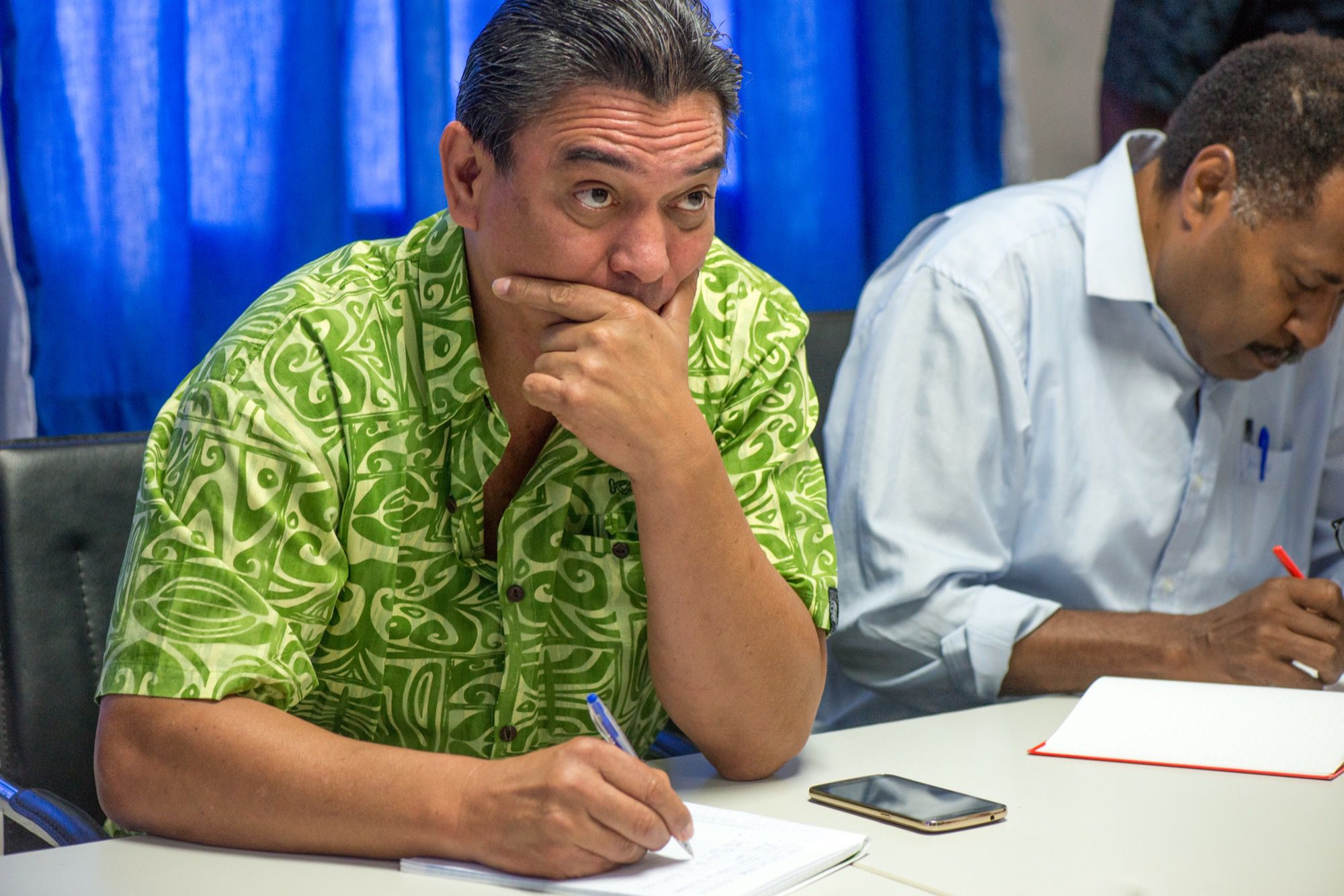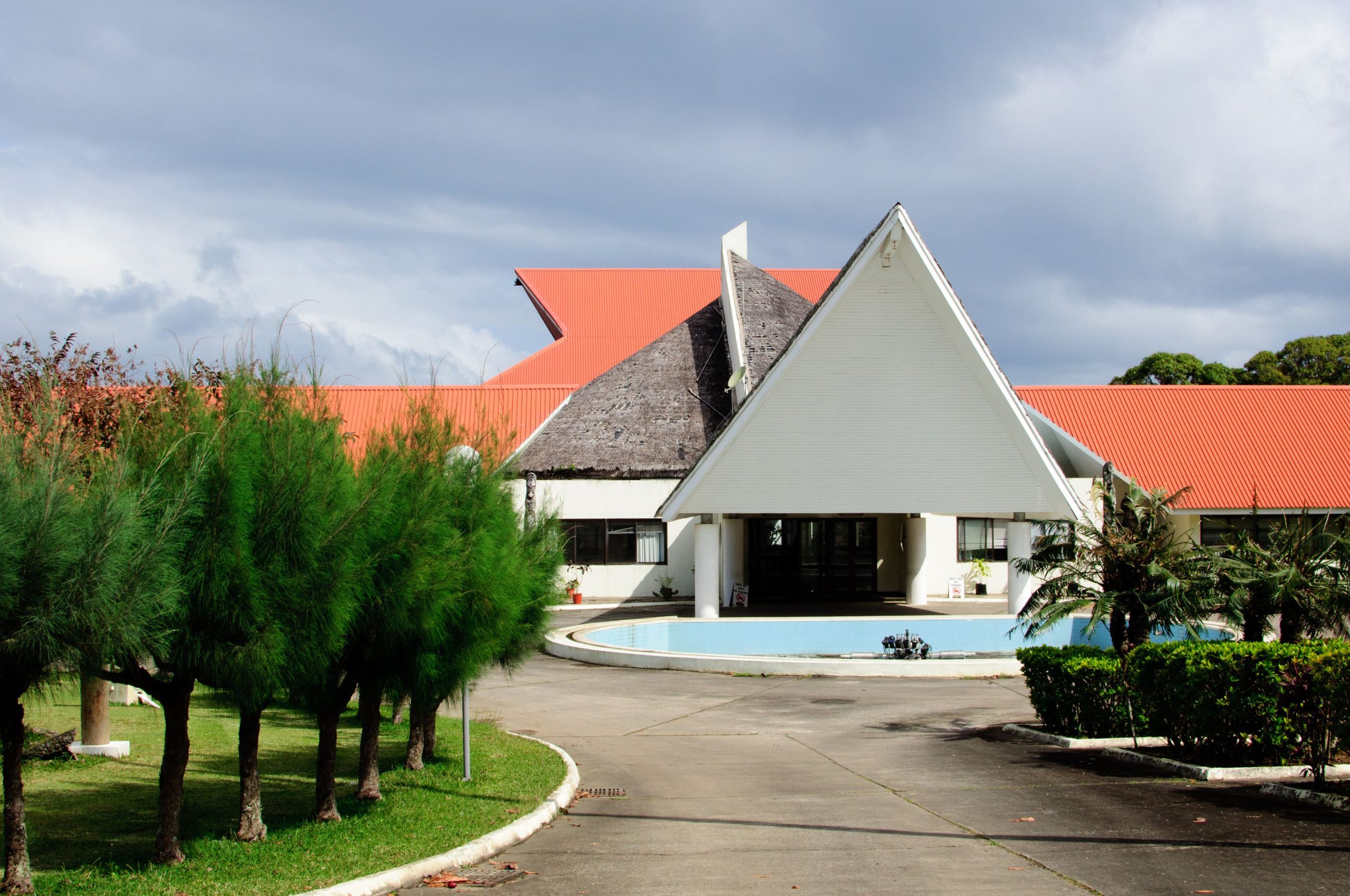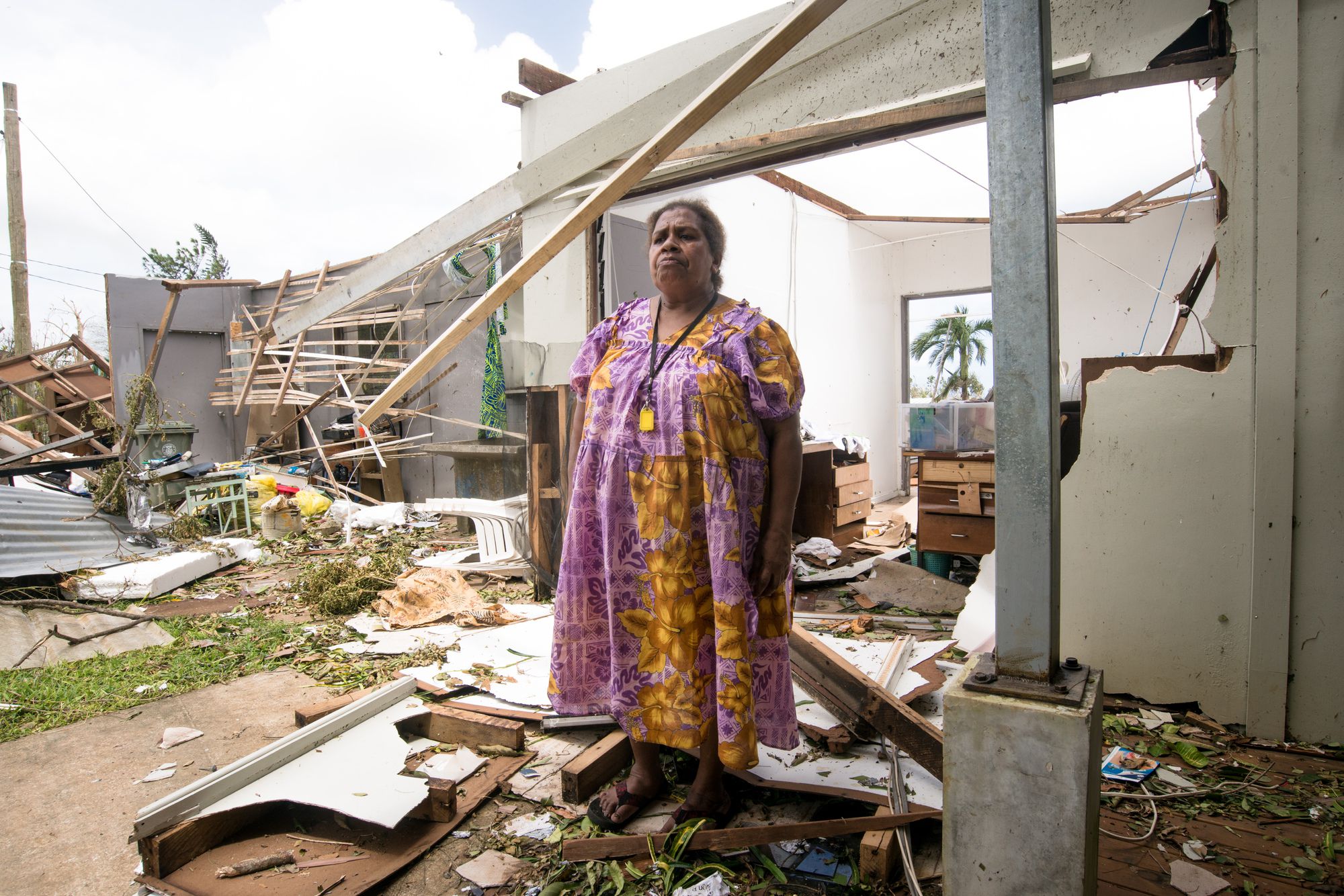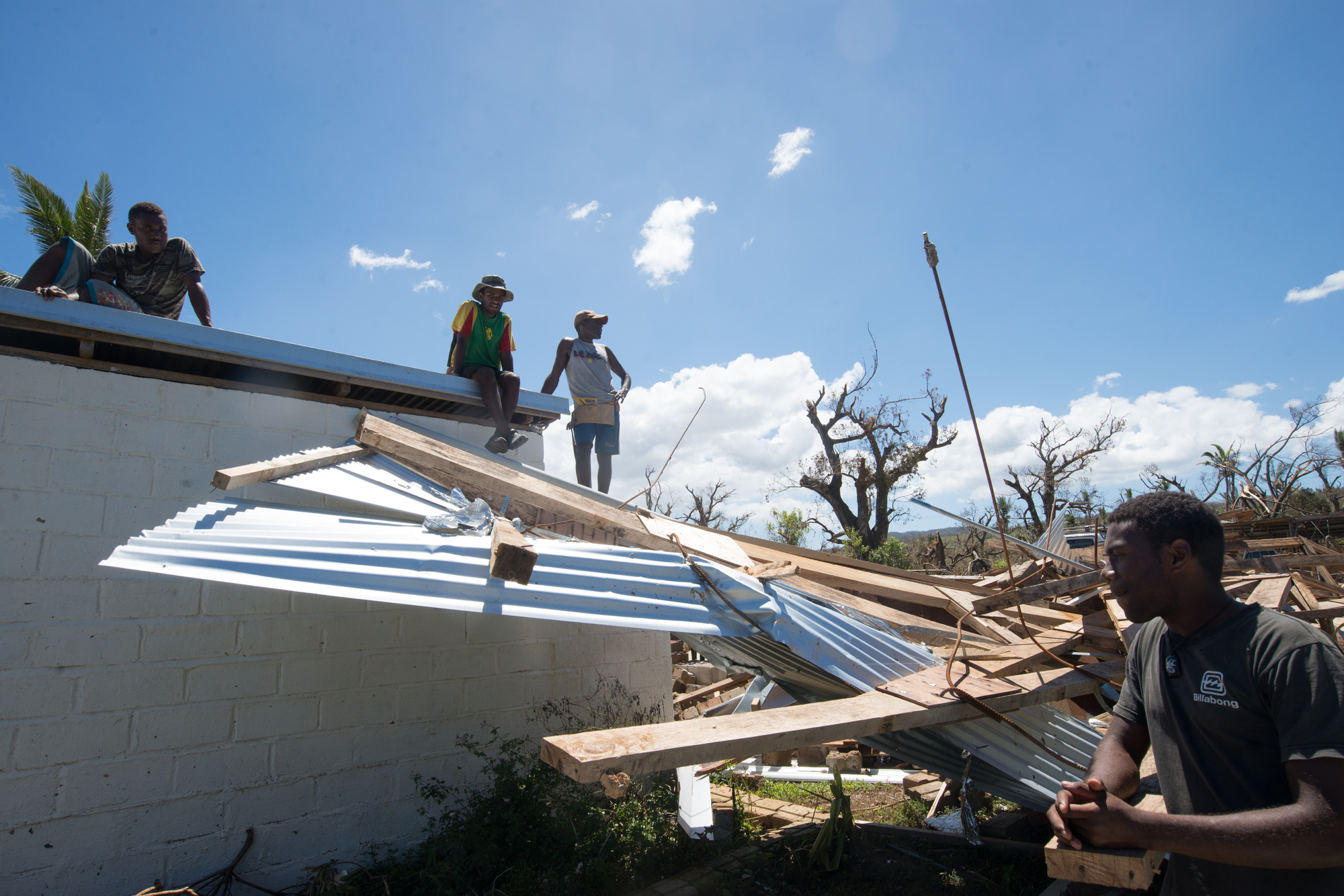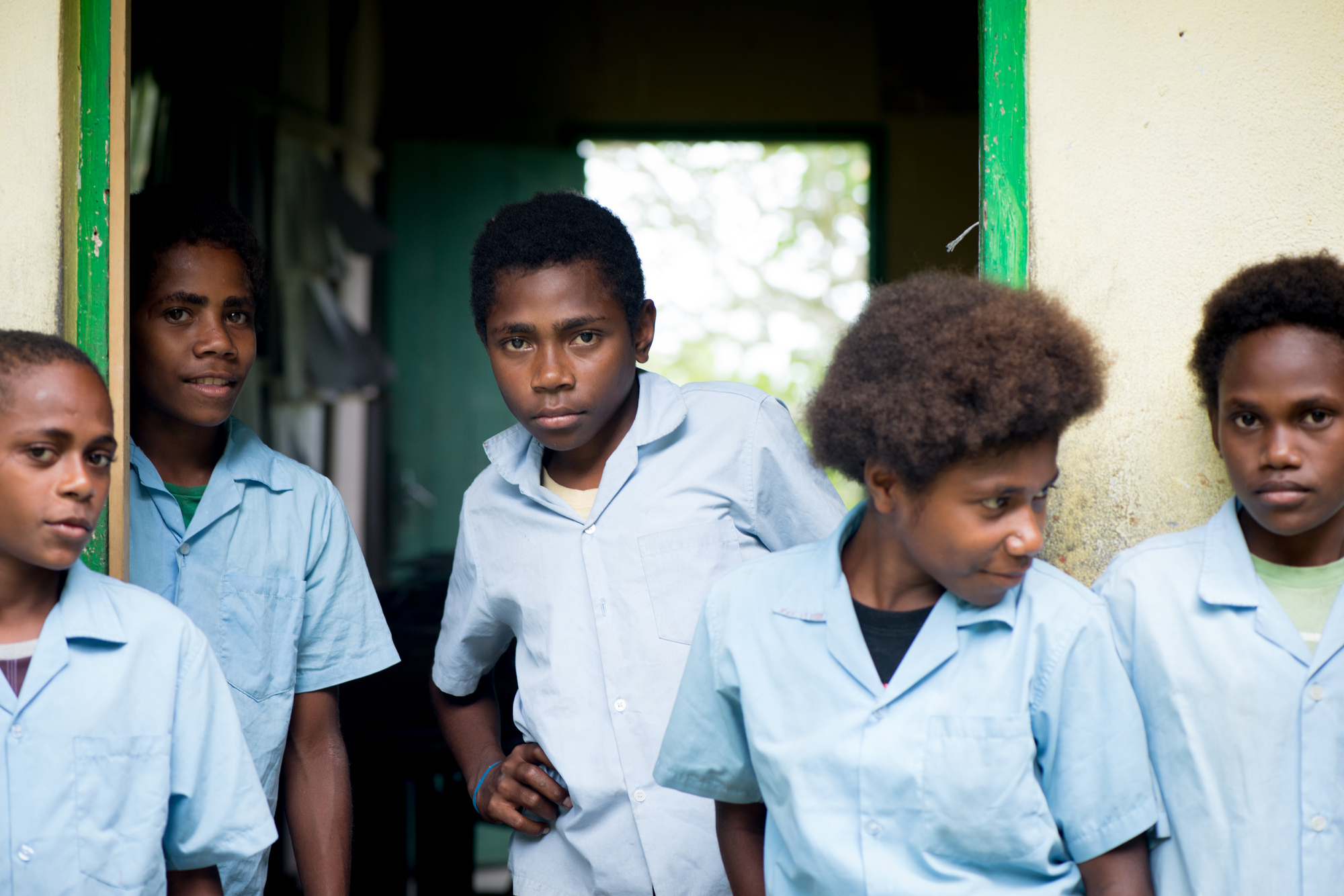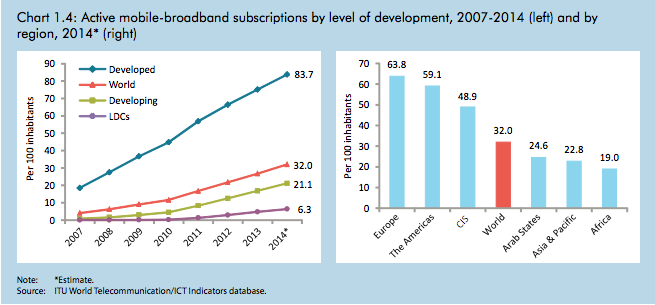Moana Carcasses wants changes to the VIPA Act. That might be a good idea.
Written for the Vanuatu Daily Post
Moana Carcasses wants changes to the VIPA Act. That might be a good idea.
Back in 2013, when Moana Carcasses was prime minister and acting minister of Trade, Cooperatives and Ni Vanuatu Business, he put a stop to the issuing of so-called D2 business licenses. These are the licenses needed to run a retail/wholesale shop.
Mr Carcasses was reacting to a widespread—and largely accurate—belief that some investors were flouting the intent of the VIPA Act, which reserves certain sectors and occupations to Ni Vanuatu. Now, two years later, he wants to review his decision.
He’s right to do that as well.
It’s clear today that a blanket ban on issuing D2 licenses has done little to remedy the situation. On the contrary, it has stifled the diversity of shops and retail goods in Port Vila.
During a public meeting earlier this week, about 40 of the usual suspects turned up to comment. The Chamber of Commerce (or VCCI) sent a delegation, and local merchants and manufacturers showed up to check on things.
The feedback, if well-intentioned, was predictable. A VCCI representative trotted out the tired assertion that the Vanuatu Investment Promotion Authority can either promote or regulate business, but not both. This is just wrong. Responsible business promotion requires regulation. Read more “Business as usual?”

